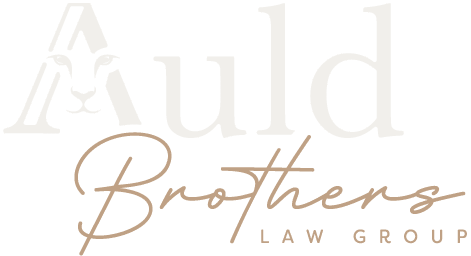Are you trying to determine if you need a Will? Did a loved one pass without having one in place?
If anyone dies without a Will, the probate assets of estate will be handled through the intestacy statutes. This article will help educate you on how the Probate process works for an estate without a Will in Pennsylvania. Then you’ll be able to determine if you need to create one for yourself.
Does the State Take All the Assets if a Person Dies Without a Will?
If someone passes without a Will, their estate is Intestate meaning there is no Will. After this occurs, Pennsylvania’s “intestacy statutes” will determine how to distribute the decedent’s money and probatable assets, during Probate.
If you’re concerned the state will take all the money and assets, in most situations, you don’t have to worry. There are a set of laws in place in the Commonwealth of Pennsylvania that guides the courts on properly distributing property. This law of Intestate Succession in PA (found at 20 Pa.C.S.A. § 2101 et seq.) thoroughly explains how someone can be an heir based on their relationship to the deceased (described in more detail below).
The purpose of the Intestate Succession in PA law is to make sure the deceased’s surviving spouse and children are taken care of after they pass. This law might also provide an inheritance to remaining family members depending on each situation. Continue reading to learn how this law works for the various dependents or if there are no dependents.
Pennsylvania’s Probate Process for an Estate Without a Will
Based on the law of Intestate Succession in PA, here’s how the Probate process would work for estates without a Will.
Surviving Spouse
The amount the spouse will receive depends on if there are surviving children or parents.
- No Children, No Parents – The spouse will receive the entire estate.
- No Children, 1 or 2 Surviving Parents – The spouse will receive the first $30,000 of the estate and one-half of the remaining estate. The surviving parent(s) will receive the remaining one-half of the estate.
- Surviving Children – This situation is a little more complicated depending on if the surviving children are also the surviving spouses’ children.
- If the surviving children belong to the spouse – The spouse will receive the first $30,000 of the estate and one-half of the remaining estate.
- If at least one of the surviving children does not belong to the spouse – The spouse only receives one-half of the estate and aren’t entitled to the $30,000.
No Surviving Spouse
If there’s no surviving spouse, the money and assets will be distributed depending on the surviving relatives. Here’s how the breakdown would work in order of family member heirs.
- Children – First priority, with no surviving spouse, the estate is distributed equally among the children.
- Parents – If there are no children, the estate is distributed equally among the parents. If there’s only one parent, they receive the entire estate.
- Brothers or Sisters and Their Children – If there are no children or parents, the estate is distributed equally among the deceased’s siblings and their nieces/nephews.
- Grandparents – If there are no surviving siblings, the paternal grandparents will receive one-half of the estate, and the maternal grandparents will receive the other one-half.
- Uncles, Aunts, and their Children – If there are no surviving grandparents, the estate is distributed equally among the deceased’s aunts/uncles and their children.
No Heirs are Found
If the deceased has no heirs, the Commonwealth of Pennsylvania will receive the estate.
Distributing Assets Without a Will
Once the court determines the proper heirs for the estate, it’s important to note that all estate expenses must be paid in full before anyone receive the assets. These expenses can include the decedent’s debts, taxes, funeral costs, and administration expenses. The remaining amount will then be distributed.
Assets that Include Property, Life Insurance, and Bank Accounts
Any estates that contain assets that have been pre-determined by the decedent to go to certain individuals, such as joint tenancy real property, life insurance policies with named beneficiaries, and bank accounts payable upon death will need to pass according to their own terms. These assets are not subject to the intestacy statutes, as the decedent named the individuals during his or her lifetime.
Now that You Know How to Probate an Estate Without a Will in PA – Call Auld Brother’s Law Group
Whether you’re someone who wants to develop a Will or you’re going through the Probate process of a loved one, we can help you. Rebecca A. Auld is an experienced Pittsburgh Estate Planning and Probate attorney. She advises many local individuals and families on their needs and helps them navigate Probate, as most individuals do not want the laws of the Commonwealth to determine the division of the legacy and whom is to administer the estate. Everyone is and their circumstance are unique, in every way. With thoughtfulness, you should provide those particulars and not have laws that know nothing you about you and your family and friends force those determinations.
Contact us to learn how Rebecca can help with your unique situation.

